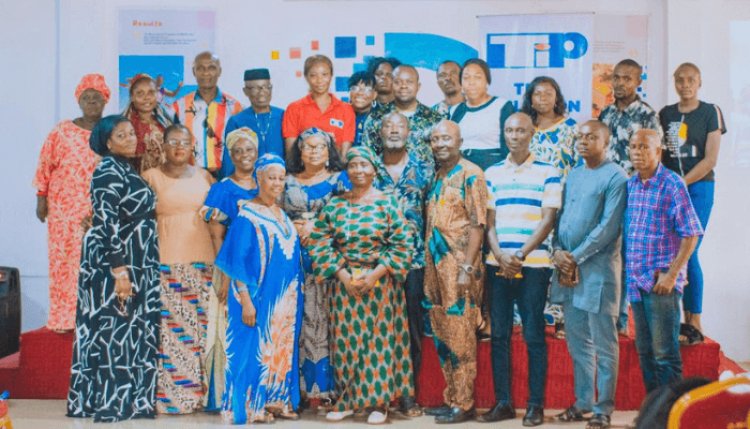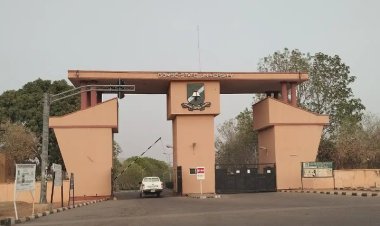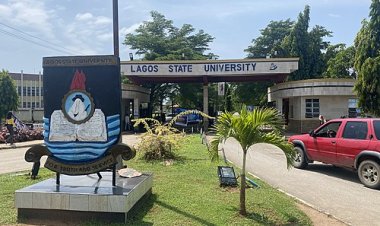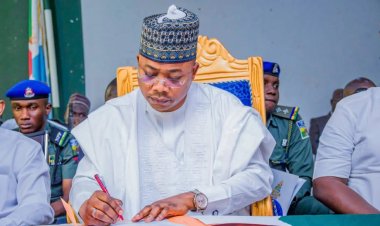Imo State Government Urged to Prioritize Gender-Inclusive Education Reforms
Director of The Inclusion Project Urges Imo State Government to Implement Gender-Responsive Measures for Transformative Education

The Inclusion Project (TIP) Director, Pamela Okoroigwe, has called on the Imo State government to implement gender-responsive measures aimed at transforming the educational landscape and overcoming obstacles hindering girl-child education within the state.
Speaking at a training and stakeholders meeting organized by TIP in collaboration with the Malara Fund in Owerri, Okoroigwe emphasized the imperative for the new administration in Imo to establish a functional, safe, inclusive, and gender-responsive Water, Sanitation, and Hygiene (WASH) system in schools. This, she believes, will play a crucial role in keeping girls in school during their menstruation periods.
SEE: Historic Extension: Imo State Extends Teachers' Retirement Age to 65, Gov Uzodinma Signs Landmark Bill into Law
"The provision of water will protect students from the risks of open defecation and prevent WASH-related infections due to the lack of water and hand-washing facilities in schools," Okoroigwe stated.
The training and strategy meeting aimed at preparing community leaders as advocates for girl-child education sought to address the educational challenges faced by over 20 million children in Nigeria who are unable to access free and quality basic education, despite the existing free and compulsory education policy in many states.
"The girl-child constitutes a higher percentage of this figure. Crisis, insecurity, family poverty, cultural issues, and poor funding have been limiting factors to quality education in Imo state," Okoroigwe pointed out.
SEE: Imo State: Government Launches Ambitious Education Enhancement Project
She highlighted the various barriers faced by young girls and women in communities, including child marriage, poverty, school-related sexual and gender-based violence, and lack of feminine hygiene.
Advocating for equitable access to quality education, particularly for girls, Okoroigwe suggested that educating communities about the educational rights of the girl child could reduce conflict, insecurity, early marriage, and social injustice, contributing to a healthier, wealthier, and happier population.
SEE: TechWomen Emerging Leaders Programme: Empowering Women in STEM Worldwide
Additionally, Okoroigwe appealed to the Imo State Ministries of Education and Women Affairs to support the activities of the Community Education Watchdog Committee (CEWC) in collaboration with them to improve girl-child enrollment, retention, and completion in schools.
The CEWC, she explained, was established to support communities in promoting the educational rights of children, ensuring that no child is allowed to miss school without a valid reason.

 Mary Nwaeze
Mary Nwaeze 



